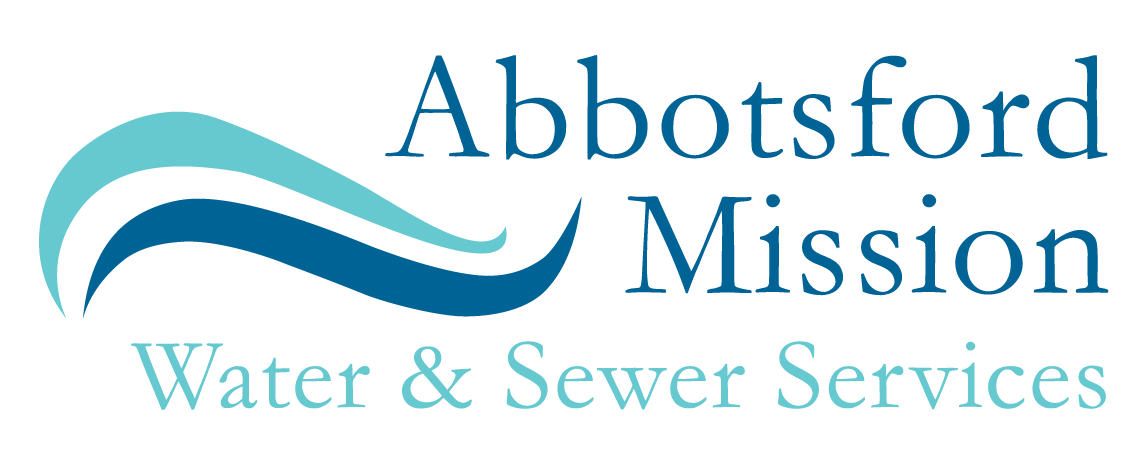The WEP update includes an evaluation of the AMWSC’s current water efficiency program, case studies of best practice in a number of leading jurisdictions worldwide, a high-level assessment of benefits and costs of metering in Mission and quantitative analysis of current water use trends.
The program evaluation identified a number of strengths with AMWSC’s current approach, including automated metering infrastructure in Abbotsford, watering restrictions based on national best practice and effective branding. It noted that “by Canadian standards and taken as a whole, the current program is robust and comprehensive for communities of Abbotsford and Mission’s size”.
It also found a number of opportunities for improvement by using case studies from other jurisdictions. Notably the consulting team recommends the implementation of universal metering in Mission, an Industrial/Commercial/Institutional (ICI) water efficiency program and Non-Revenue Water (NRW) Management Program.
The updated plan places strong emphasis on helping residents becoming more efficient, working with businesses and institutions, and improving water utility management. The actions in the strategy are organized around the following five themes:
- Reduce Outdoor Water Use: Enhance effectiveness of existing incentives and regulations that help residents reduce outdoor irrigation of lawns and gardens.
- Continue “Our Water Matters” Education and Outreach: Raise awareness of the importance of water conservation, assist residents to reduce use indoors and continue outreach to youth through ongoing successful current campaigns.
- Improve Industrial, Commercial Institutional and Agricultural Water Use Efficiency: Help non-residential customers, especially those currently using large volumes of water, to control their consumption.
- Measure Water Use and Adopt Volume-Based Pricing: Continue to move toward universal metering across the region and ensure water service pricing provides incentives to people to conserve.
- Improve Non-Revenue Water Management: Improve data on consumption and production, identify sources of non-revenue water including leakage, and implement cost effective actions to control losses.


